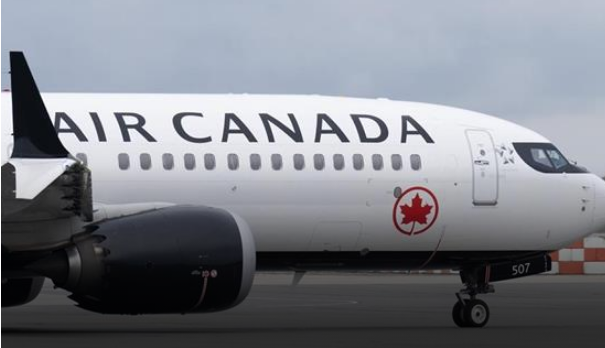Canada Global(Web News)In a case filed by security firm Brinks, Air Canada has revealed that $23·8 million in gold was stolen from a facility at Toronto’s Pearson Airport earlier this year. No liability in case of cash.
According to the information given by Brinks, on April 17 last month, a thief escaped with expensive goods from the Air Canada warehouse by showing fake documents. In that case, Brinks dismissed the lawsuit against the airline. In its defense on November 8, Air Canada said in a statement that all allegations made by Brinks were false and that it had fulfilled all its contracts of carriage and that there was no negligence in any matter.
Air Canada said Brinks did not fill out complete shipment details on the waybill, a document issued by a common carrier detailing the shipment, and that if Brinks was damaged, Air Canada’s reputation would be damaged. The Montreal Convention would be compromised. There is a multilateral agreement that will be covered. Brinks Switzerland Ltd. decided not to declare its own shipment price and paid the fixed rate for the AC Secure Services product. Air Canada also said Brinks was well aware of the consequences of the malfunction.
Brinks, on the other hand, said that as soon as the Air Canada flight landed at Pearson Airport from Zurich, an unknown person came into the airline’s cargo warehouse and fled with all the luggage, showing a fake waybill. The airline crew handed over 400 kg of gold, worth $21.1 million, and 2 million in cash to the thief, but the thief was never found.


